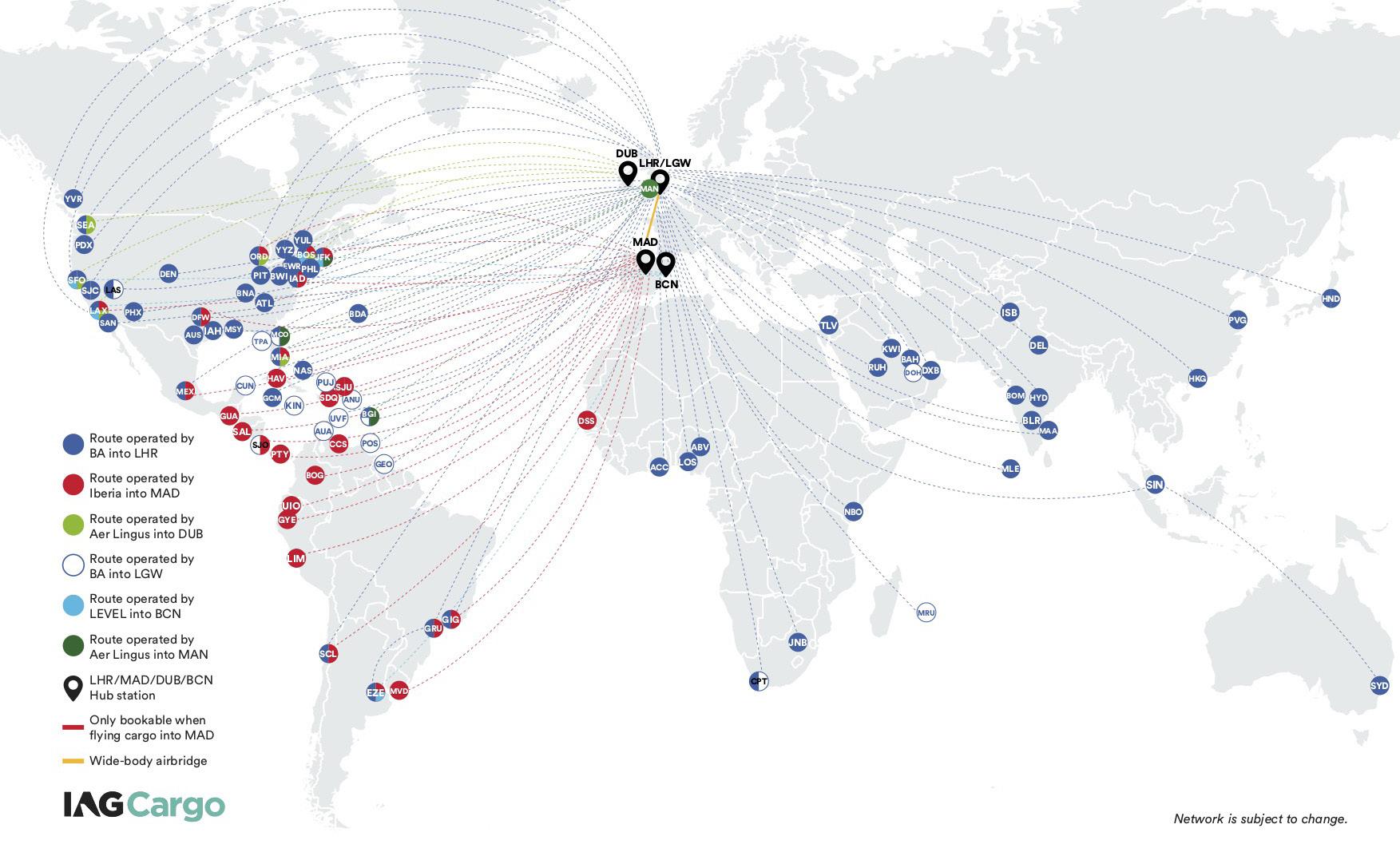
2 minute read
INFINIUM MANUFACTURES TON OF CO2 CONVERSION CATALYST FOR ELECTROFUELS PROJECTS
Commercial Catalyst Manufacturing at Scale is a Critical Milestone in the Journey to Produce Ultra-low Carbon eFuels
Electrofuels provider Infinium has manufactured a ton of its proprietary, patented CO2 conversion catalyst at its facility in West Sacramento, California. The Infinium catalyst is a critical component in the creation of electrofuels (eFuels), a new class of synthetic fuels that replaces carbon-intensive petroleum-based products.
Advertisement
Infinium eFuels are made from renewable power derived green hydrogen and captured carbon dioxide in a proprietary process. The novel catalyst facilitates the chemical reaction in that process that ultimately results in liquid eFuels.
Infinium previously announced that in 2023, it will begin delivering eFuels from its plant in Corpus Christi, Texas, to Amazon to help decarbonize its middle mile trucking fleet.
As both a technology innovator and a project developer, Infinium has autonomous control of the eFuels production process from start to finish. Having control of both core technology and project development is unique in the rapidly developing eFuels industry.
From the beginning, we have been developing projects based on our own proprietary technology which increases our efficiency and reduces our costs. Catalyst production at scale in our own facility is an important milestone in our journey to delivering commercial volumes of eFuels in 2023 and beyond.
Robert Schuetzle, CEO, Infinium
Infinium eSAF and Infinium eDiesel can be used in today’s planes, ships, and trucks as an immediate replacement for petroleum jet and diesel fuels without modifications to engines or distribution infrastructure. Infinium eNaphtha can be used to produce gasoline fuel alternatives as well as replace petroleum-derived naphtha in chemical and industrial processes for the creation of goods like plastics and solvents.
IAG Cargo offers additional capacity between Europe, Latin America and the Caribbean for the summer season – and restarts services between Barcelona and Chile
IAG Cargo’s network today includes 33 destinations in Latin America and the Caribbean up from 25 in 2019
The business now offers 400 wide-body services between Europe, Latin America and the Caribbean (401)
IAG Cargo, the cargo division of International Airlines Group (IAG) announces additional capacity for the summer season between Latin America, the Caribbean and its hubs - London, Madrid, and Barcelona.
Overall, IAG Cargo now offers 400 wide-body weekly services between Europe, Latin America and the Caribbean. Following a revival last year, IAG Cargo now services 33 per cent more destinations in Latin America and the Caribbean than pre-pandemic.
IAG Cargo customers will benefit from more capacity to the region with flights between Madrid and Bogota increasing from 14 to 18 weekly services and in Lima four more connections will be added, offering 11 weekly flights. Panama will have between five and seven weekly connections throughout the summer, and daily services from November onwards. The business now also offers a daily service between London and Mexico, with flights between Barcelona and Chile restarting.
In the Caribbean, services between Madrid and Havana increase to five per week and Puerto Rico to six per week in August. Flights between London and Bermuda have increased to a daily service.
It’s great to see our network continuing to grow in Latin America and the Caribbean, these are vital trade routes crucial for maintaining a healthy global economy and supporting people’s livelihoods. The increased frequencies offer our customers more options to connect their cargo to the rest of the world via our network which today covers six continents, and we recently introduced China back to our regular schedule – an important market for many exporters in Latin America.
Rodrigo Casal, Regional Commercial Manager for Latin America & the Caribbean, IAG Cargo
These routes regularly facilitate the movement of perishables and popular foods grown locally including flowers, papayas, mangos, and stone fruits as well as pharmaceuticals and automotive parts.








